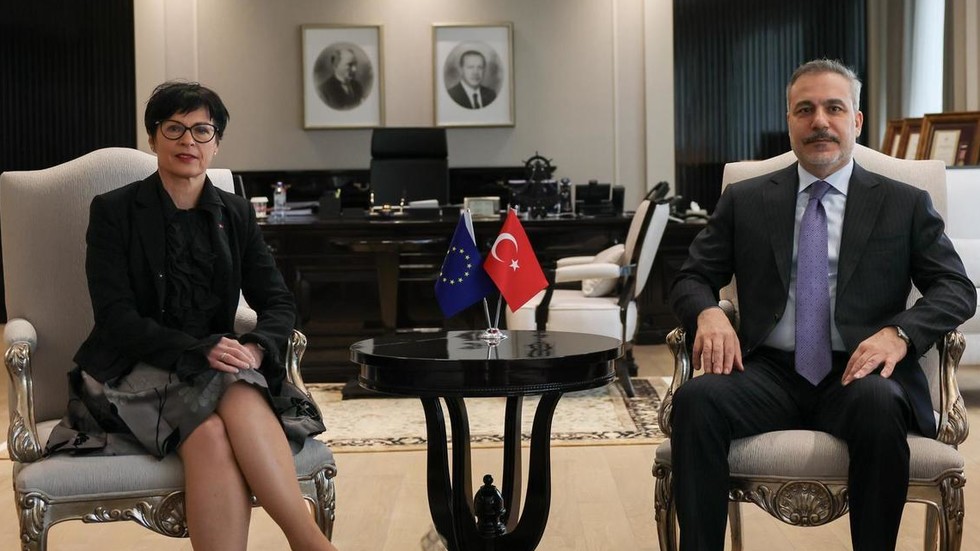The National Hajj Commission of Nigeria (NAHCON) has implemented a series of measures under the leadership of President Bola Ahmed Tinubu, aimed at improving the country’s Hajj operations. According to NAHCON Chairman, Professor Abdullahi Saleh Usman, President Tinubu has approved a N90 billion subsidy for the 2024 Hajj exercise, exclusively for that year, to mitigate the impact of foreign exchange fluctuations on pilgrims. Additionally, the President has settled N24 billion in outstanding payments to airlines that provided services during the 2023 Hajj, preventing potential financial difficulties for local carriers.
The commission has also refunded N5.3 billion to State Pilgrims’ Welfare Boards for services not provided during the 2023 Hajj, demonstrating transparency and accountability. Furthermore, NAHCON has expanded the Hajj Savings Scheme by partnering with more banks, enabling intending pilgrims, particularly youth and low-income earners, to save gradually for the pilgrimage. This initiative is expected to instill financial planning and reduce the burden of preparation for future pilgrims.
In line with the present administration’s anti-corruption stance, NAHCON has amended contracts with service providers to align costs with the actual number of pilgrims, which stood at 52,544, down from an initial projection of 95,000. This adjustment has prevented waste of funds and led to reductions in fares for the 2025 Hajj. Pilgrims have also benefited from cost savings in various service components, including a 720 SAR reduction for Mashair services, 200 SAR savings on Madinah accommodation, and airfare reductions of up to $149.
The commission’s efforts have resulted in significant improvements in pilgrims’ welfare, with 98 percent of medical supplies provided by the Federal Government and round-the-clock healthcare services. The progress made by NAHCON is attributed to President Tinubu’s visionary leadership and commitment to supporting Nigerian pilgrims. As the commission continues to work towards reducing Hajj fares, its proactive measures are expected to have a lasting impact on the country’s Hajj operations, ensuring a more efficient and affordable experience for pilgrims in the years to come.



